Intel Core i7-8750H 8th Gen High-End Six-Core Laptop Processor
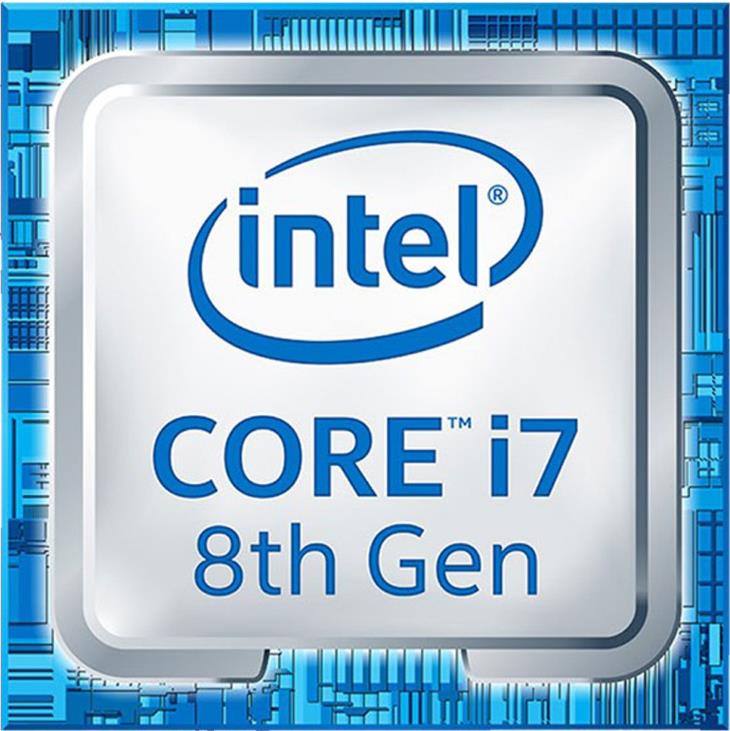
The 8th Generation Intel Core i7-8750H is one of the most powerful processors for laptops. It’s aimed at high-performance and gaming notebook PCs. The Core i7-8750H features six cores with two threads per core, clock speeds of up to 4.1 GHz, and 9MB of cache. The chip brings important improvements over the 7th Gen Intel Core i7-7700HQ counterpart with four cores, up to 3.8 GHz speed, and 8MB cache, while retaining the same power consumption of 45 Watts.
Intel Core i7-8750H Benchmark
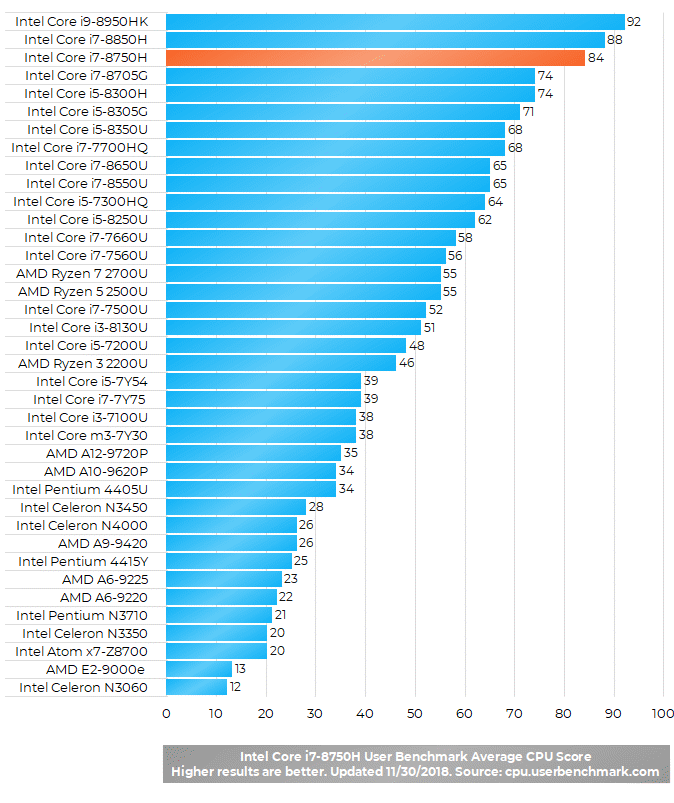
Advantage of the Intel Core i7-8750H over the 7th Gen Core (HQ-series) precursors, its i5-8300H lower-end replacement, and other CPUs in User Benchmark tests is obvious. On the negative side, 45-Watt power consumption doesn’t make the i7-8750H suitable for use in thin notebook models and isn’t battery life-friendly. For that purpose, Intel provides the Core U series processors, like the widely-used i7-8550U or i5-8250U with lower 15-Watt power consumption, cooler operation, and still excellent computing speed. The i7-8750H is typically used in gaming laptops and professional workstations with robust cooling solutions, generally bulkier designs, and overall shorter battery life.
The Intel Core i7-8750H has the Intel UHD 630 graphics built-in. It is a low-end graphics solution. But that doesn’t matter much, because most of the i7-8750H-based laptops have powerful gaming-centric video cards besides the CPU’s UHD 630.
Note: The benchmark scores of the listed processors are averages measured across various devices with these processors. The scores and real-world performance of the Intel Core i7-8750H and compared CPUs may vary depending on the notebooks' other components, settings, cooling, and other factors. However, the benchmark results are good indicators of the processors' performance.
Specifications of the Intel Core i7-8750H
Here are the most important specs of the Intel Core i7-8750H:
| Processor Name | Intel Core i7-8750H |
|---|---|
| CPU Family | 8th Generation Intel Core "Coffee Lake" |
| Number of Cores | Six-core / 2 computing threads per core |
| CPU Clock Speed | 2.2 – 4.1 GHz |
| Cache Size | 9MB |
| Memory Support | DDR4 (2666 MHz max. speed) |
| Integrated Graphics | Intel UHD 630 |
| Power Consumption | 45 Watts |
| Production Technology | 14-nanometer |
| Typical Use | Gaming & high-performance laptops |
| Notable Technologies | Intel HyperThreading (enables two computing threads per physical processor core) |
| Year of Release | 2018 |
User Reviews and Q&A on the Intel Core i7-8750H
Below you can read and submit user reviews, questions, and answers about the processor. Thank you for your contribution.
Please CLICK HERE to provide e-mail for receiving notifications when there are new replies
(The e-mail won't be used for any other purposes.)

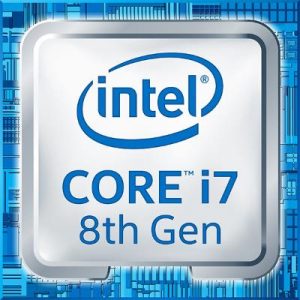
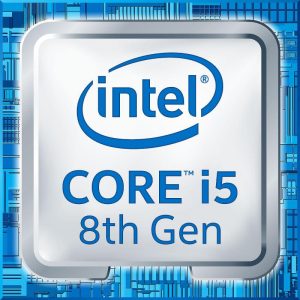
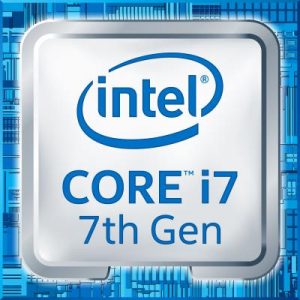
Haych –
Hi. Thanks for the review. I’m pretty much ignorant when it comes to computers, though I do understand the basic principle behind the processor being the “brain” of a computer. What I want to know is about the performance of the i7 8750h processor vs the i7 8565u processor, in terms of multi-tasking and workload, not gaming. Which would be better to work with overall, if what you were interested in was mainly speed that was stable and sustainable?
Notify me of replies Unwatch this thread
Danijel Z –
The i7-8750H can be faster in situations that require constant heavy processing. For instance, exporting videos from a video editing program or maybe some CPU-heavy games. In daily computing activities like web browsing, MS Office work and similar, the difference between the i7-8750H and i7-8565u won’t be noticeable at all.
As for multitasking, that’s more related to RAM than the CPU. Larger RAM enables greater multitasking potential. I usually recommend at least 8GB for regular laptop use. Again, the difference between the H and U i7 won’t be noticeable when it comes to multitasking, unless the tasks involved require a constant high-speed processing like video encoding.